APEC CTF HOSTS WORKSHOP IN COLLABORATION WITH APEC ECONOMIES: APEC STI STRATEGIC FORESIGHT WORKSHOP 2024 FOCUSES ON NET-ZERO EMISSIONS
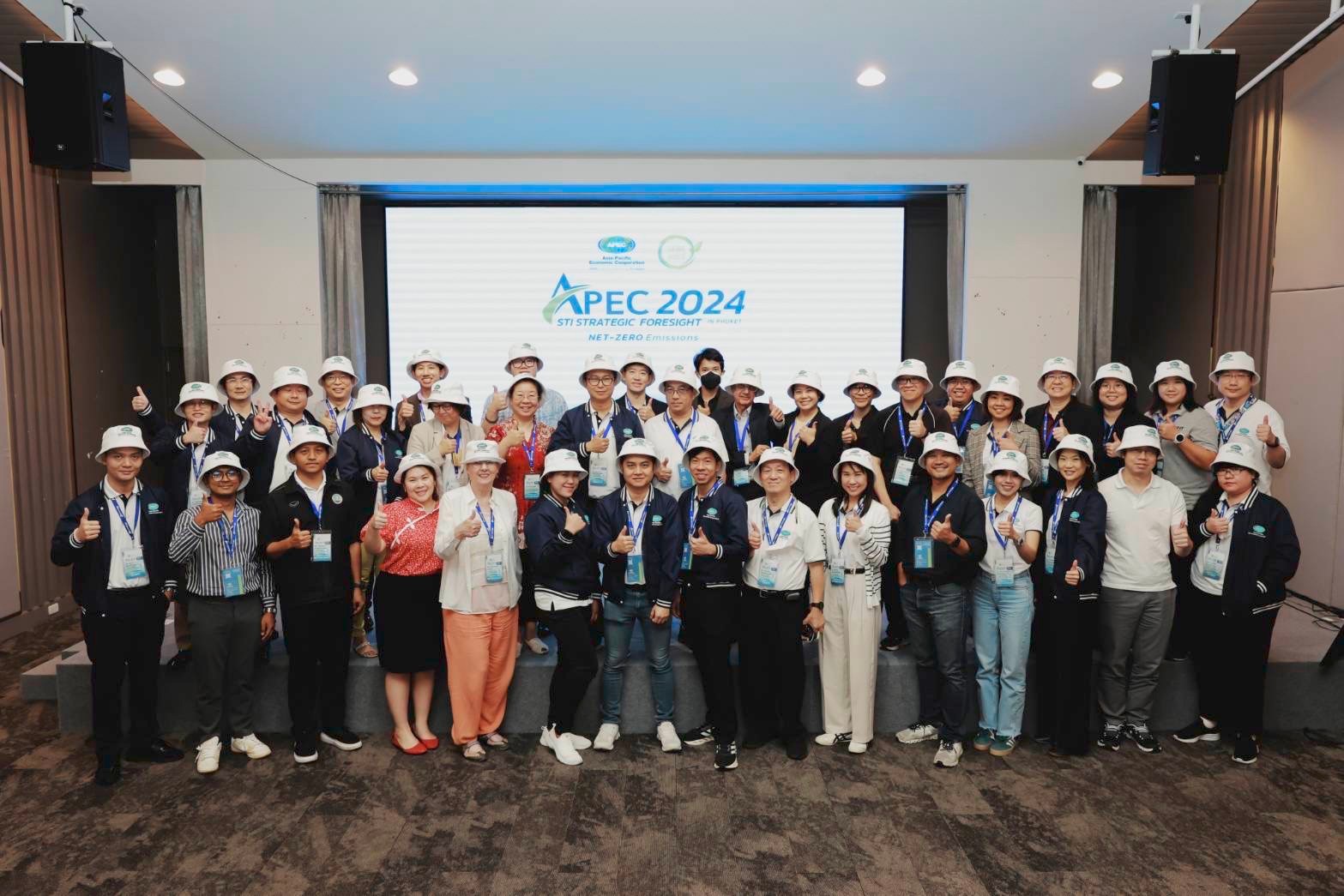
From January 23 to 25, 2024, the APEC Center for Technology Foresight (APEC CTF) and the Office of National Higher Education Science Research and Innovation Policy Council (NXPO) joined forces to organize the “APEC STI Strategic Foresight Workshop 2024: Net-zero Emissions.” Held at the Pago Hotel in Phuket, the event gathered active participation from representatives of APEC economies, including Brunei Darussalam, Chinese Taipei, Japan, Malaysia, People’s Republic of China, Peru, Republic of Korea, Thailand, and The United States.
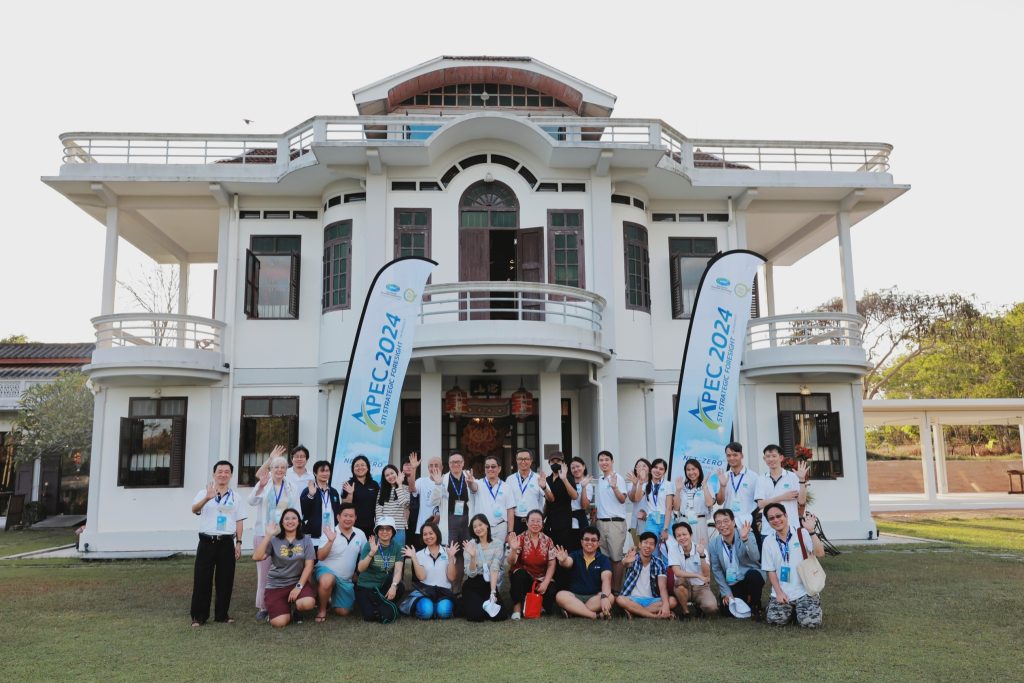
Dr. Kitipong Promwong, Executive Advisor of APEC CTF and President of NXPO, extended a warm welcome to the delegates from the nine APEC economies. In his address, he underscored the workshop’s significance in preparing APEC to confront the challenges posed by climate change and achieve the ambitious target of net-zero emissions by 2050. This commitment aligns with global targets outlined in the Paris Agreement. The workshop aimed to foster collaboration by facilitating in-depth data exchange, sharing best practices, and establishing joint targets for the collaborative development of science, technology, and innovation (STI).
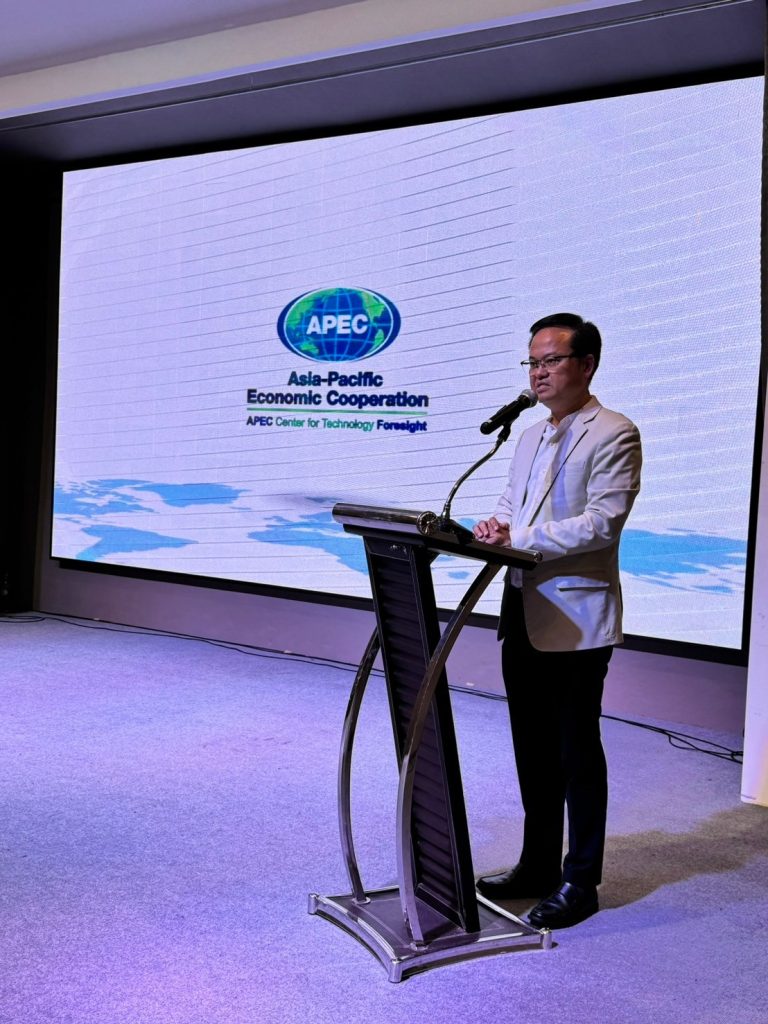
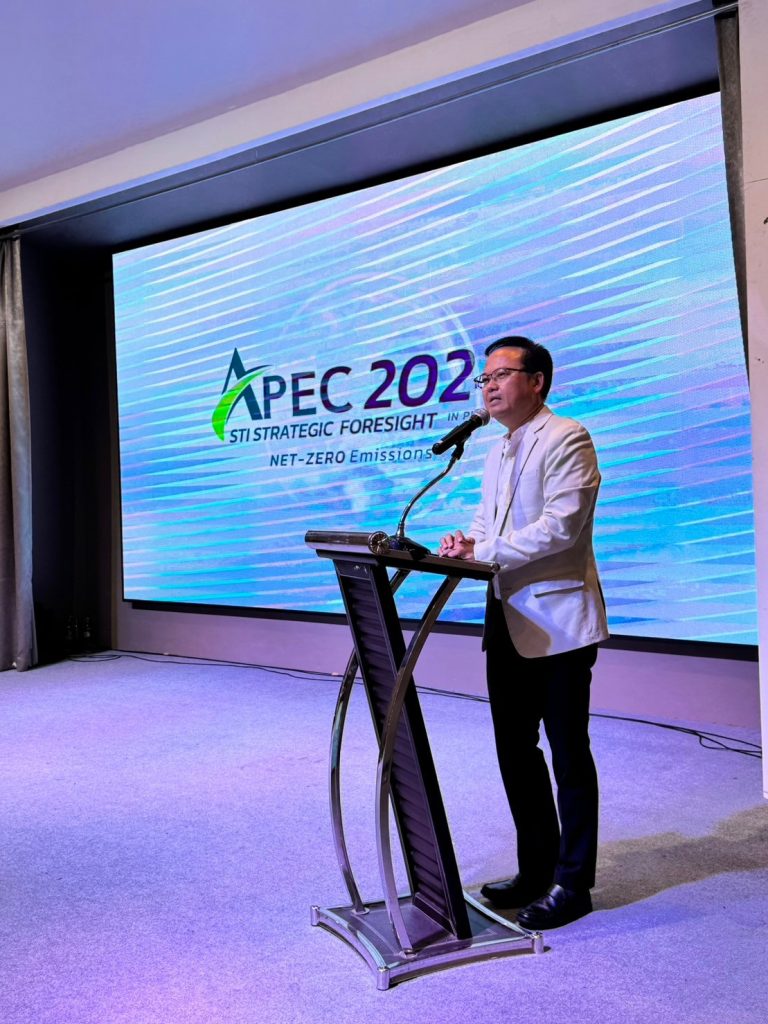
The workshop formed a crucial part of the Self-funded APEC Science Technology and Innovation Strategic Foresight project, which received approval from APEC’s Policy Partnership for Science, Technology, and Innovation (PPSTI). The project is designed to bolster the advancement of STI within the APEC region.
Over the course of the three-day workshop, participants engaged in discussions on key issues related to achieving net-zero emissions, including Energy Demand Management, Energy Transition, Green Economy, Carbon Emission Sinks, and Off-set Policies.
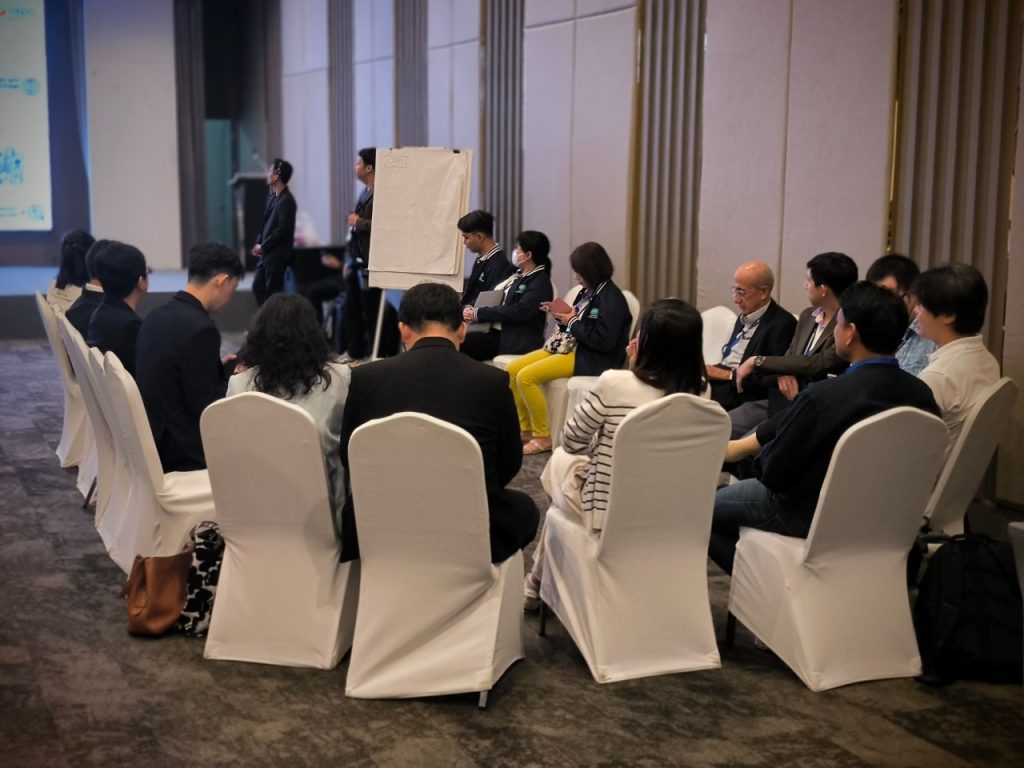
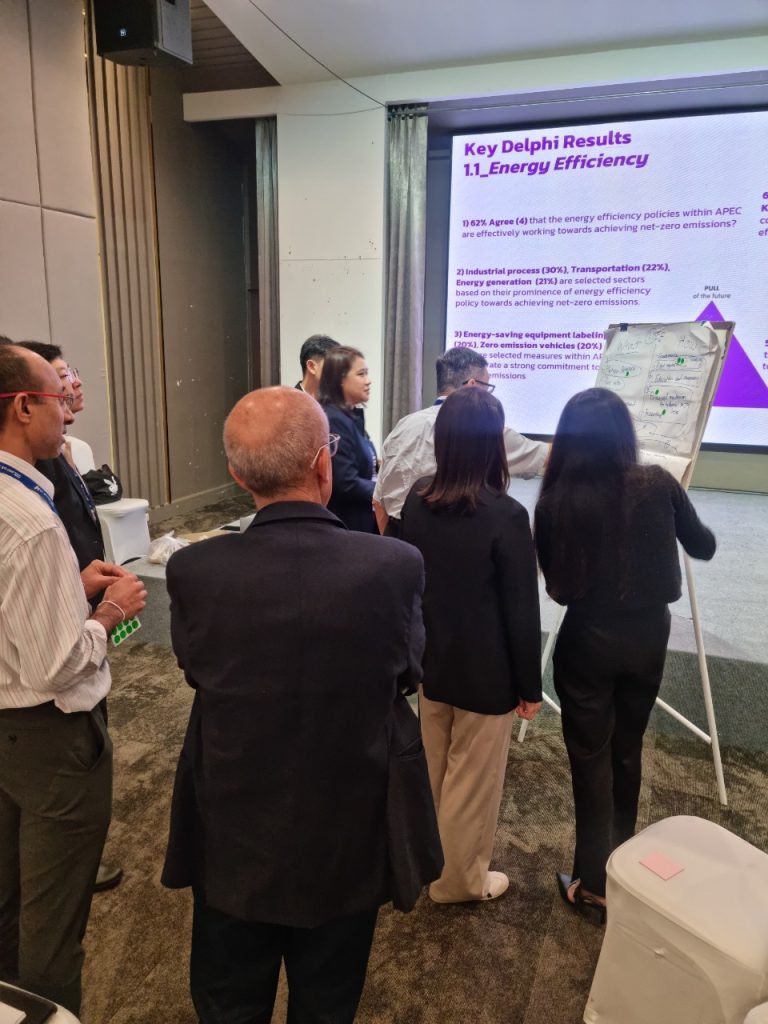
Dr. Surachai Sathitkunarat, Executive Director of APEC Center for Technology Foresight and Vice President of NXPO, emphasized the critical role of forecasting tools in addressing pressing issues. He also underscored the importance of fostering collaboration within the APEC community to enhance Science, Technology, and Innovation (STI) advancements. Building a collaborative network, according to him, serves as a catalyst for knowledge exchange, sharing best practices, and collectively addressing common challenges. This collaborative approach not only accelerates the pace of technological progress but also ensures that APEC economies are better equipped to navigate the complexities of the evolving global landscape.
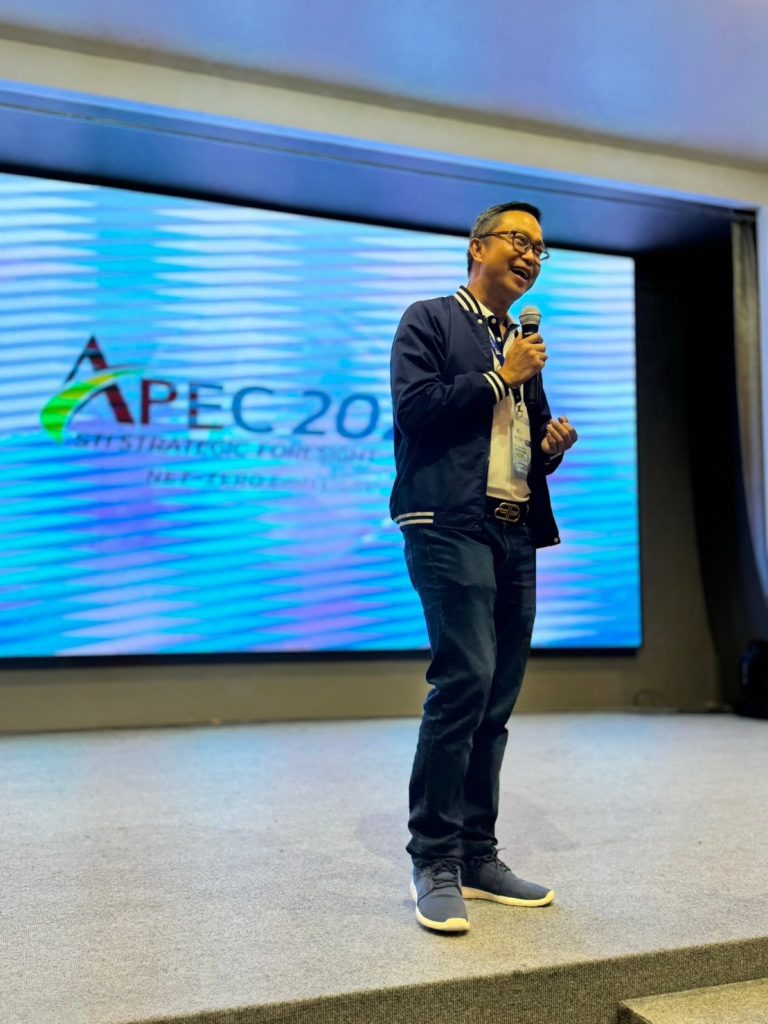
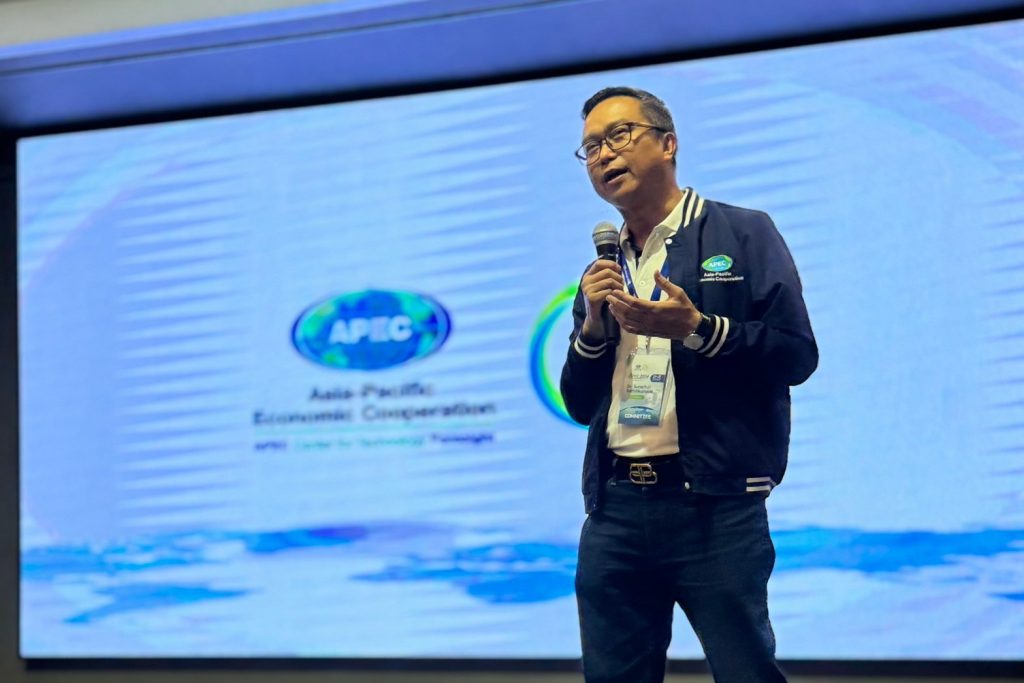
Furthermore, experts presented key initiatives and proposed collaborative strategies in the field of science and technology, all geared towards the shared goal of achieving net-zero emissions within the APEC region. The workshop served as a platform for knowledge exchange and the development of practical solutions to tackle the challenges of climate change in the pursuit of a sustainable future.
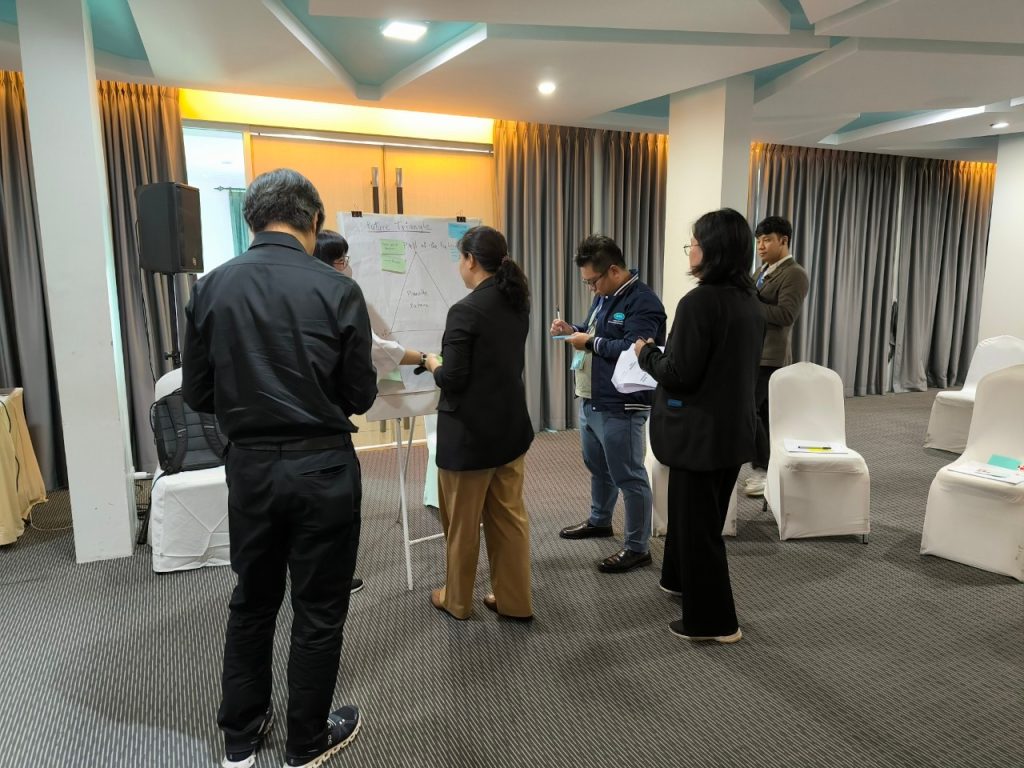
More information: https://youtu.be/y6bO06Kfr3w
Srichattra Chaivongvilan – Correspondant
